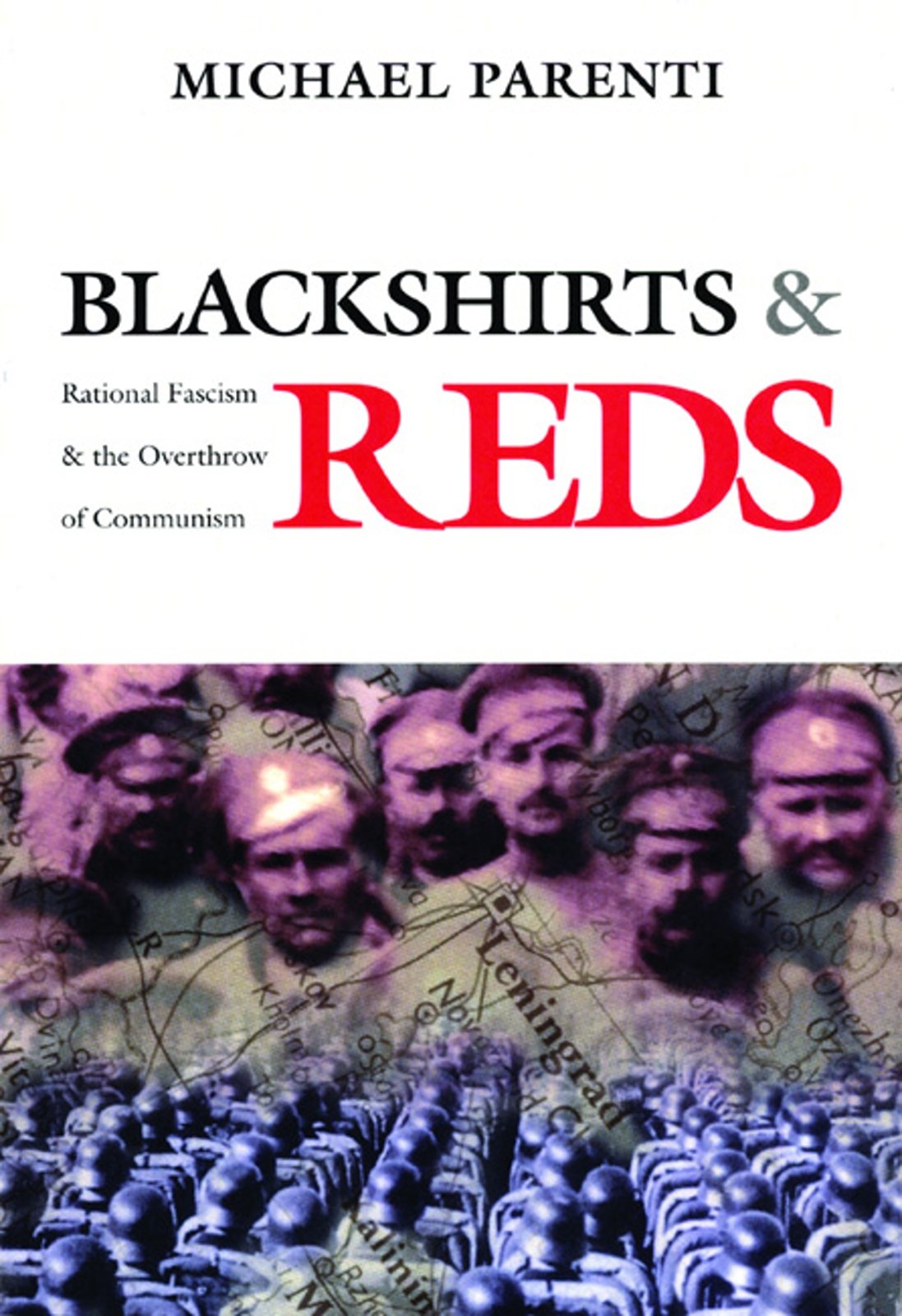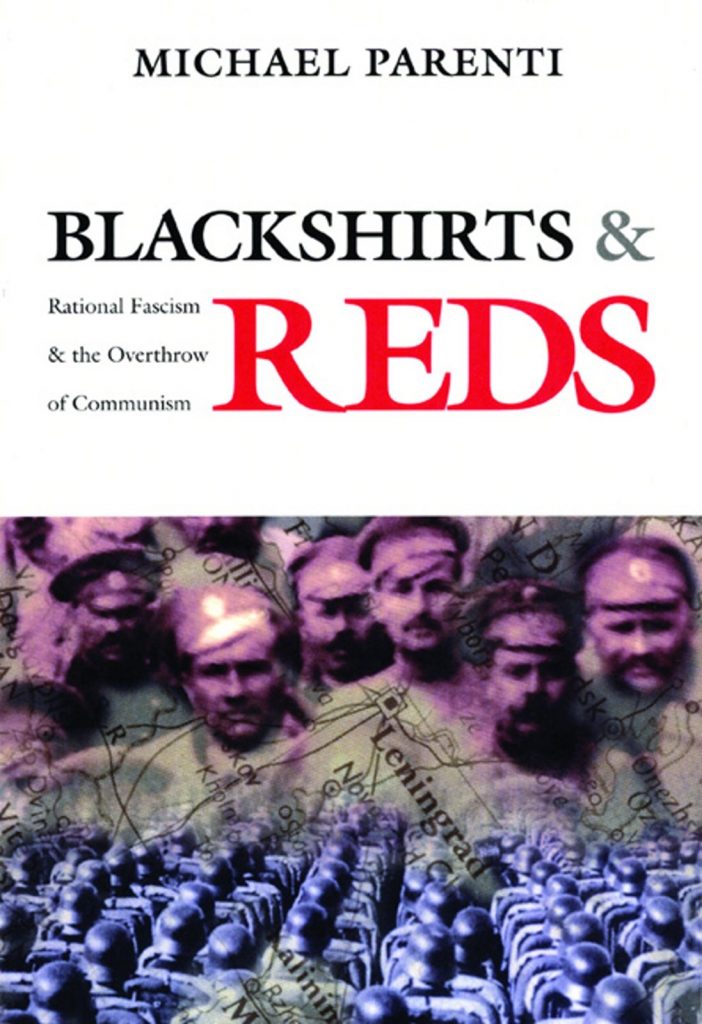Nathan Russell reviews a modern classic by iconic US communist academic Michael Parenti and argues it has important lessons for today’s struggles.

The association of Fascism with the Second World War in Western historiography and the lasting effects of wartime propaganda have reduced the level of understanding of Fascism to a largely emotional aversion to an absolute, simplistic evil. In Blackshirts & Reds, author Michael Parenti instead brings to light the cold, complicated, rational essence of Fascism.
The role of capitalists in empowering and collaborating with Fascists in defence of their class interests is methodically exposed, as is their hypocrisy. It is easy for the capitalist class to reject Fascism after it is defeated, after the profit is made, and after the dirty work has already been done, yet they often fail to provide any realistic appraisal of the alignment between Capital and fascist movements.
Parenti has little time for the instinctive anticommunism of “Red-baiting leftists”, and this is matched only by his disdain for the idealistic, pure socialists who “regularly blame the Left itself for every defeat it suffers”. In contrast, chapters 4 and 5 are a superb example of his own objectivity. In this case, objectivity is no euphemism for neutrality. His assessment of what life was like in the USSR is balanced and based upon facts, yet still doesn’t shy away from drawing a conclusion of unwavering support for the Soviet system; in his own words, he is “receptive, but not uncritical”.
The extensive use of citations throughout is very welcome. The nature of Parenti’s main arguments (not least US sponsored mass-murder in pursuit of counter-revolution) would otherwise invite accusations of conspiracy theory or historical negationism from liberal audiences, so it’s right for him to have taken the effort to back up his assertions. Unfortunately, having set this bar so high, it is more noticeable whenever, however irregularly, footnotes aren’t provided. There remained a slight, nagging feeling that those small omissions were where clear evidence could have been the most useful.
At 23 years since publication, the book is perhaps showing some signs of ageing. The historical writing concerning the early to mid 20th century is unaffected, but there are in effect two decades worth of history without commentary. In this way, in his introduction, Parenti describes the proclamation of “the end of history” as a contemporary occurrence; for him, at that time, this was an orthodoxy worthy of serious challenge, rather than the sad joke it is today. Yet, conversely, the closing remarks on the importance of ecological changes for the working class will have even more relevance today than when they were written.
This book punches well above its weight for its relatively short length. At 150 pages, in slim volume, the blistering expositions of the perceived wisdom of the liberal left come thick, fast and are compellingly written. Parenti’s writing style is straightforward, easy to follow and immediately relevant; Blackshirts & Reds will be less intimidating for fresh eyes than the classics of Marx, Engels, or Lenin.
It is for these reasons that this book would make for an excellent introduction to Marxism, today. The concluding chapter, bringing home the importance and central role that should be placed on an understanding of class and exploitation, could very easily serve as the foundation of further reading and more structured study.
Nathan Russell




